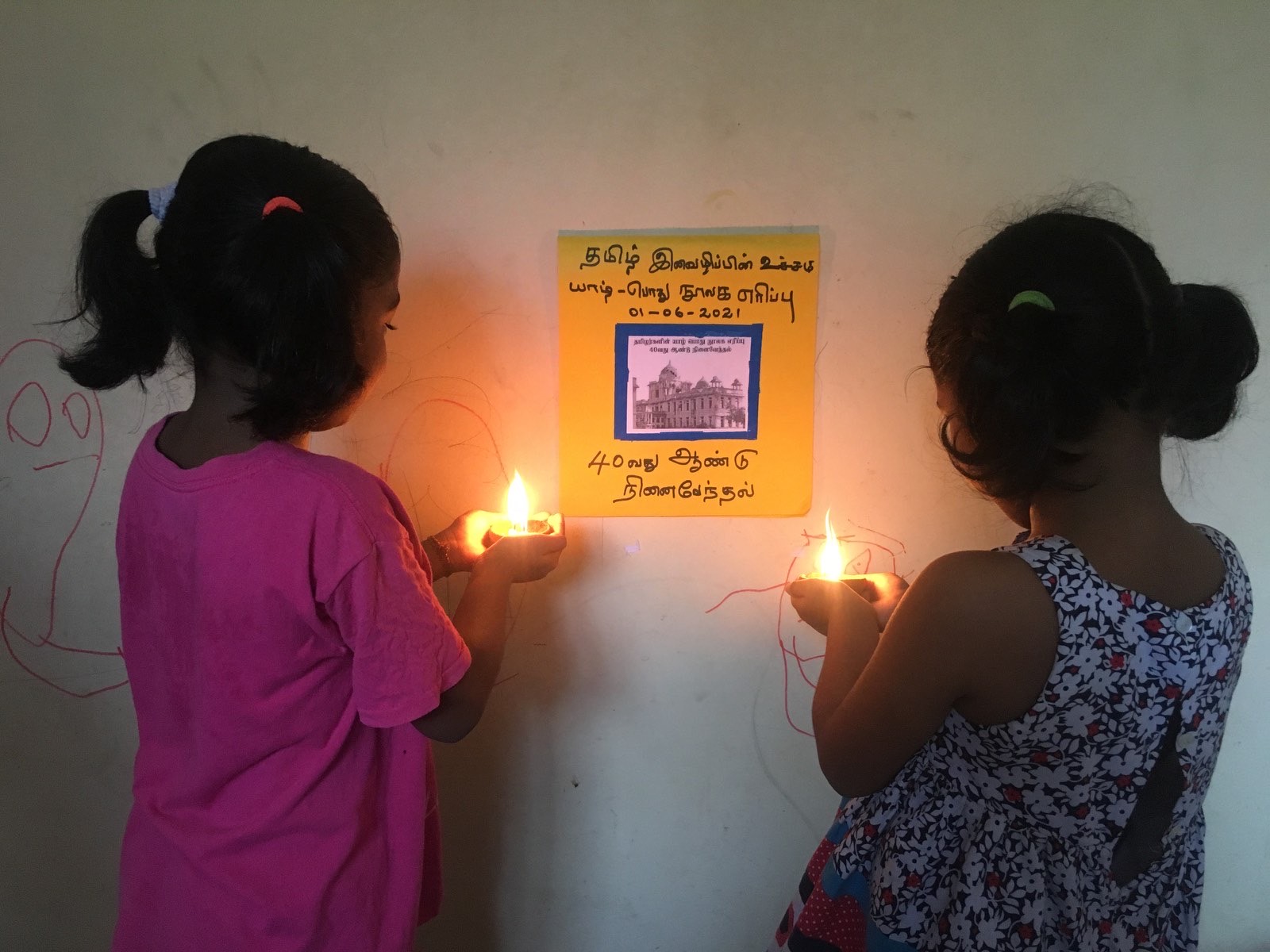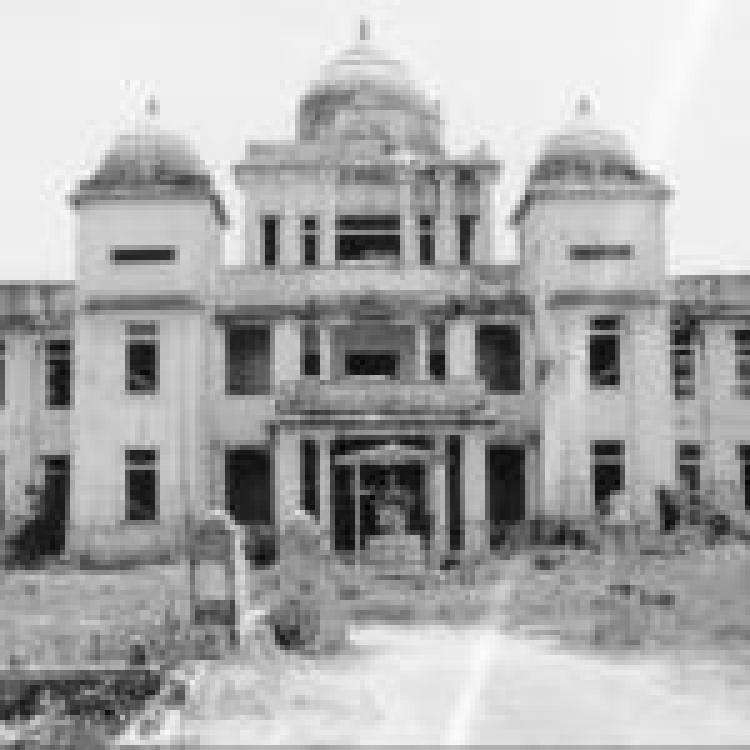
Tamil families of the disappeared marked the 40th anniversary of the burning of the Jaffna library in Vavuniya yesterday.
“The burning of Jaffna library was tantamount to genocide against Tamils,” said Ko. Rajkumar, secretary of the organisation.
“The burning took place in the early hours of June 1, 1981 by a mob orchestrated by Sinhala chauvinists with the support of the Sri Lankan government,” he added.
“It is one of the most violent examples of biblioclasm in the 20th century,” Rajkumar stated.
“The library was built in 1933 and was one of the largest libraries in Asia. There were over 97,000 books and manuscripts in the library. Over a million books were burned in 1981, an act that constitutes genocide. It incinerated many classical works that bore testament to the ancient Tamil history.”
“Even though 40 years have passed since the burning, our Tamil politicians have failed to summon the help of America and India to save us from the genocidal acts of the Sri Lankan state,” he said.
Rajkumar further noted that June 1 marked the 1,564th day since families began their continous protest demanding to reveal the whereabouts of their forcibly disappeared loved ones.
Despite their ongoing search for their relatives, the Sri Lankan government has failed to provide any answers to the families.

